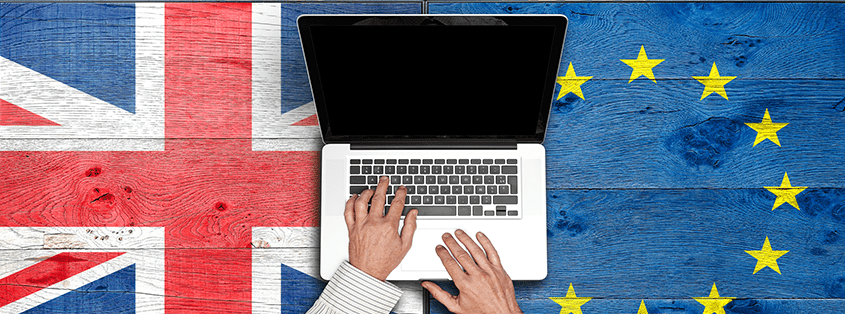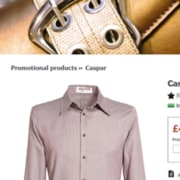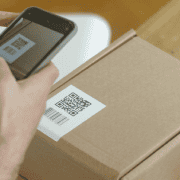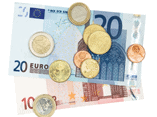Brexit: What you need to bear in mind as an online retailer
Even though Brexit has been in place since February 2020, a trade agreement did not come into force until January 2021. To what extent ecommerce is affected by Brexit and what you should consider as a merchant are covered in this article. It is specifically intended for online merchants selling out from or into the UK.
What does the December 2020 trade agreement contain?
While the trade agreement includes a duty-free and import-free exchange of goods between the UK and the EU, it does not equal what is known as a “soft Brexit”. Import formalities are to be simplified but customs declarations and further controls at the border are still necessary. Read more about shipping formalities below. The trade pact is now provisionally valid and will be reviewed by the end of January.
What tax law changes can I expect?
After leaving the EU, from January 2021 GBR will be treated as non-EU and therefore no VAT will be charged on supplies from an EU country to GBR. If you continue to ship to GBR, your online shop will display corresponding net prices in the checkout. The conversion in pound sterling (£) is automatically taken over by some payment systems, such as PayPal.
What changes are made automatically in my online shop?
In your ePages shop (version Base or Now), the taxation is entered automatically, depending on the delivery address. For automatic conversion, your tax matrix must be set to the default setting. To do this, go to Settings >> Taxes (ePages Base: Tax calculation) >> Tax Matrix in your administration area to check the setting and reset it if necessary. Provided you use the default settings, the necessary changes will be made automatically, with the exception of import sales tax when shipping to GBR.
How do I organise my shipping to GBR?
Even if customs duties do not apply, GBR´s exit from the EU will introduce customs formalities for imports from both sides (EU and GBR) from 1 January 2021. This will be accompanied by adjusted customs forms that you will need to include with your parcel and package when shipping. These are the following export documents:
- Customs declaration form: form CN22 for parcels with value below 300 SDR (international currency of the Monetary Fund), form CN23 for parcels above 300 SDR and all packages. More information can be found here, a currency converter for SDR is available here.
- Commercial Invoice: Clarification of the contents of the consignment and commercial arrangements. More information can be found here.
- Certificate of Origin: Information about the origin of the goods themselves. A tool to create this document can be found here.
Furthermore, you must inform the customs authorities by providing the EORI (identification number for companies exporting to non-EU countries). Find more information on how to apply here.
In addition, there is an import sales tax based on a 135 £ threshold. For goods up to 135 £ the shop operator must pay the tax. For goods above 135 £, the recipient must pay the tax. You can find more information here.
Please note that there will be additional costs due to the increased handling fee. We recommend that you create your own shipping method with the additional costs in your online shop, which is restricted by region to non-EU countries or GBR. In addition, you can add your own text with the changes in the checkout. Here you can also mention that the customer may have to expect longer shipping times due to the additional work of the customs authority.
Return shipping is another factor that will different due to Brexit. The 14-day returns policy that applies in the EU will no longer apply. Whether and how you can continue to provide this service will depend on the UK’s regulations, which have not been announced at this stage.
What do I have to consider for shipping from GBR to the EU?
The EU customs formalities apply to shipments from GBR to the EU (see above). This also includes the specification of an EORI number, the validity of which must be re-applied for due to Brexit. Import sales tax is also payable here. Certain excise duties may be applied depending on the goods, such as alcohol and tobacco products.
What do I have to consider in terms of data protection law?
On the data protection side, there is an extended transition phase until at least 30 April. After that, there may be additional changes to data protection regulations. This also applies to the GDPR, which is regulated uniformly for the EU. You will then have to make adjustments accordingly. However, since the EU’s GDPR is already very strictly regulated, you do not have to expect any major changes.
What special rules apply to Northern Ireland?
Northern Ireland will have a softer Brexit due to the special arrangements in the Withdrawal Agreement. One advantage is that there will be no customs formalities for trade between Europe and Northern Ireland. For online shops in Northern Ireland, the following tax arrangements will apply:
- EU customers will continue to pay the usual taxes
- Non-EU customers (not from GBR) do not have to pay taxes
- Buyers from GBR will have to pay GBR domestic taxes
What else do merchants have to consider?
For the time being, the import sales tax for imports to GBR will not be automatically entered in the checkout. Please inform yourself about the import sales tax of the respective delivery address and observe the applicable payment threshold of 135 £.
This article contains initial legal pointers but makes no claims in respect to completeness and accuracy. It can under no circumstances serve to replace legal advice on an individual case. All mentioned changes in the shop software refer to the shop versions ePages Base and ePages Now.
Als Content Manager bei ePages ist Sarah für redaktionelle Inhalte und Videocontent zuständig. Im ePages-Blogstellt sie Onlinehändlern Marketingtipps, rechtliche Updates und Infos zur ePages-Software zur Verfügung, um ihnen den Einstieg in den E-Commerce zu erleichtern.







Leave a Reply
Want to join the discussion?Feel free to contribute!